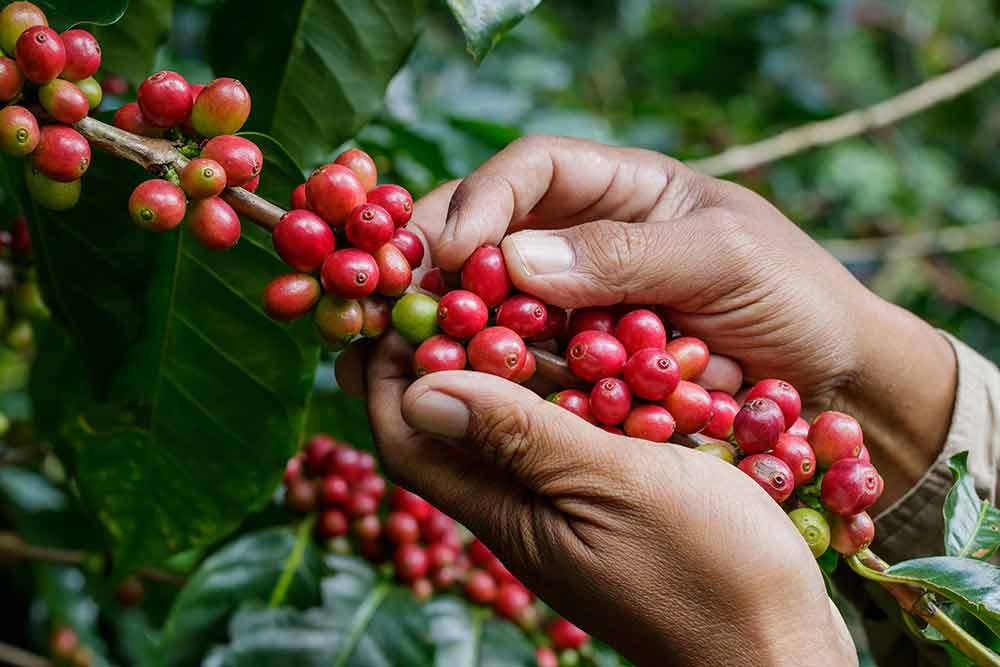
The First Wave of the Coffee Industry: A Historic Overview

Coffee has been an integral part of society for centuries, but it wasn’t until the first wave of the coffee industry that it truly became a staple in the modern world. This period, which took place in the late 19th and early 20th centuries, was characterized by the growth of large coffee producers and the emergence of chain coffee shops.
In the early days of the coffee trade, coffee was primarily grown and consumed in the Middle East and Africa. It wasn’t until the 16th century that coffee was introduced to Europe and eventually made its way to America. In the late 19th and early 20th centuries, coffee production and trade experienced a significant boom, with new advancements in transportation and communication allowing coffee to be grown and traded on a global scale.
The first wave of the coffee industry was also characterized by the growth of large coffee producers and the emergence of chain coffee shops. Companies such as Folgers, Hills Bros, and Procter & Gamble began mass-producing coffee, and chain coffee shops such as Starbucks, Peet's, and Dunkin' Donuts emerged, offering coffee drinks to customers in a convenient and affordable manner.
However, this period of growth also had its downsides. The focus on mass-production and chain coffee shops led to a decrease in the quality of coffee, with many companies using lower-grade beans and cheaper methods of production. Additionally, the first wave of the coffee industry was marked by the exploitation of coffee workers, who were often paid low wages and subjected to inhumane working conditions.
In conclusion, the first wave of the coffee industry was a pivotal period in the history of coffee. It marked a major shift in the way coffee was grown, produced, and consumed, and paved the way for the growth of the modern coffee industry. Despite its drawbacks, the first wave of the coffee industry helped to make coffee a staple in the modern world and set the stage for the continued growth and evolution of the industry.
The information about "The First Wave of the Coffee Industry: A Historic Overview" was provided by ChatGPT, a language model trained by OpenAI during a personal conversation on (2023-02-03).
References: ChatGPT. (2021). Personal conversation.